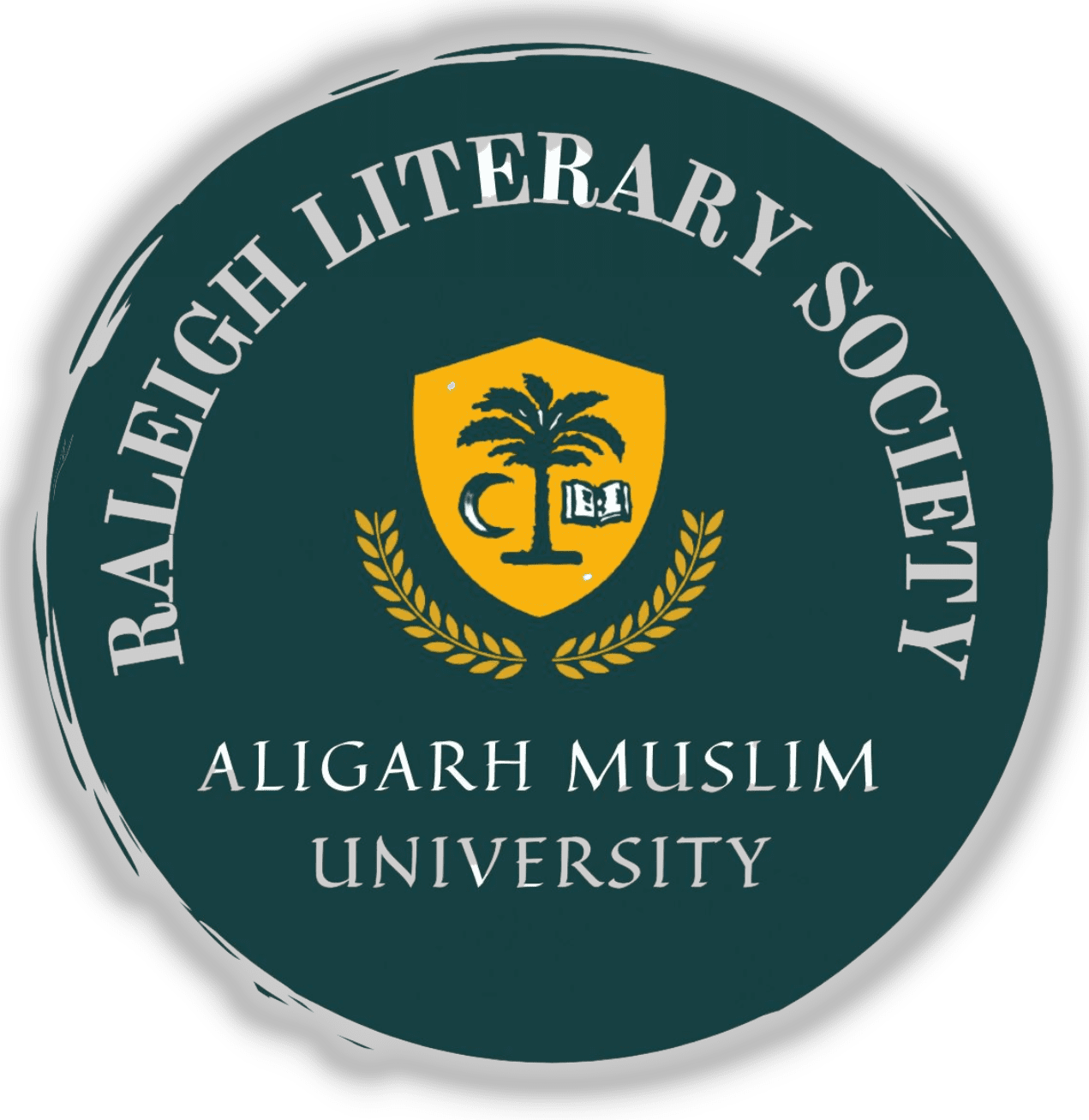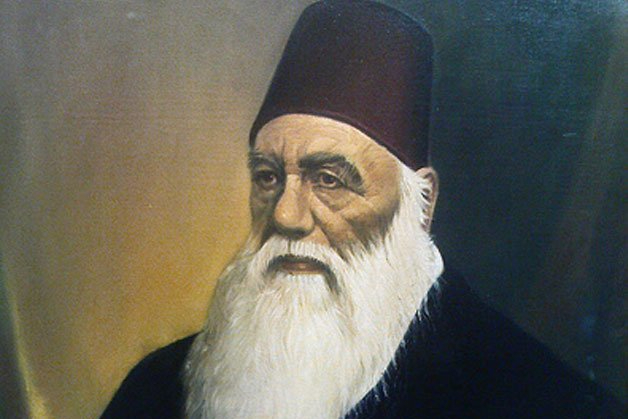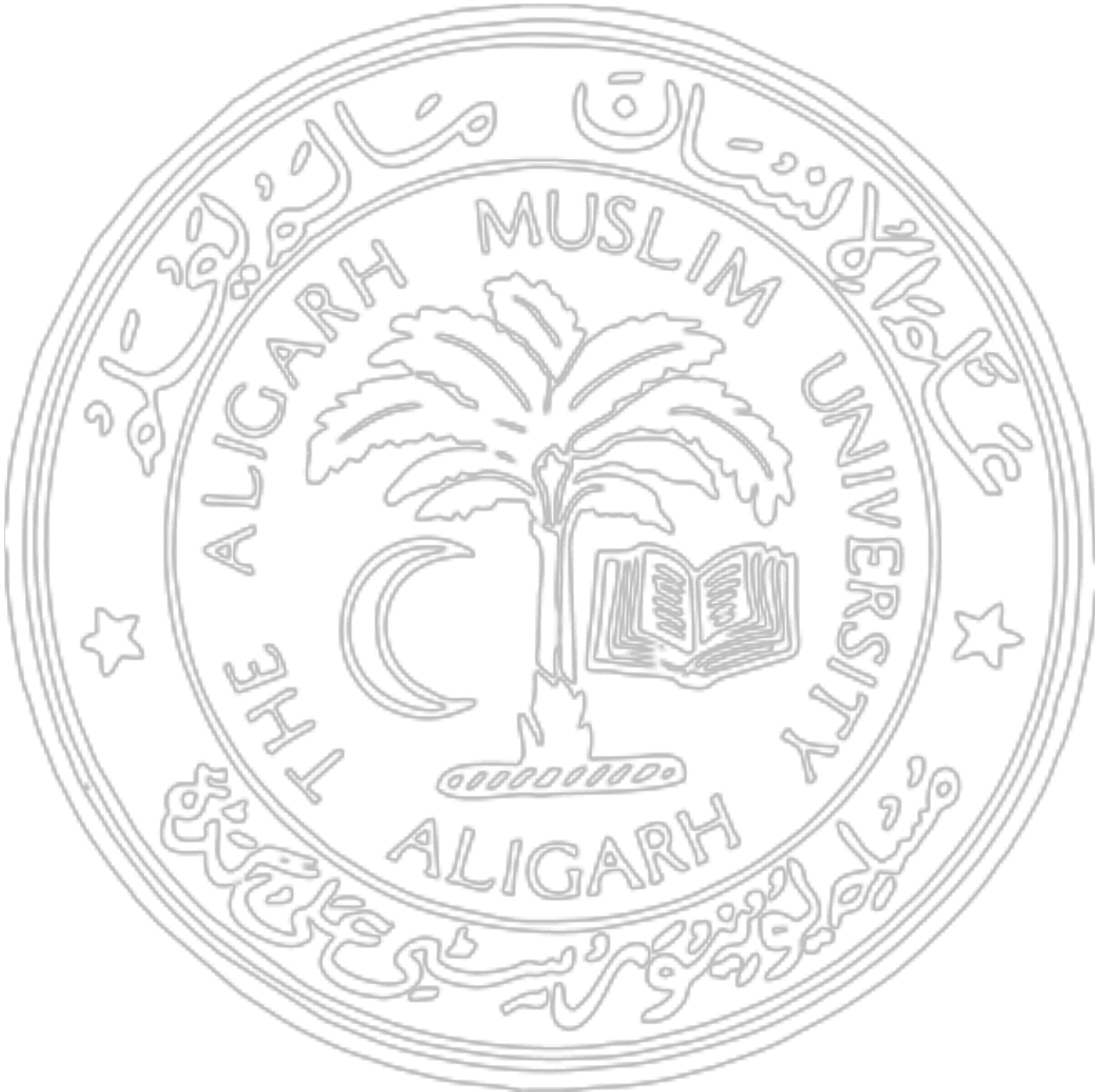Among the plethora of great men produced by the subcontinent in the nineteenth century, Sir Syed Ahmad Khan played an extremely pivotal role in moulding the nation into a better place for future generations. Sir Syed proved to be a philosopher, reformer, thinker, educationalist, and a frontrunner par excellence. He served additionally as a social servant, scholar, theologist, and a teacher. In addition to all this, he was also a noble man of great character with a deep insight into social dynamics. The discussion around Sir Syed (1817–1898), the founding father of 'Muhammadan Anglo Oriental College,' later entitled, 'The Aligarh Muslim University', whose 205th birth anniversary falls on October 17th, 2022, tends to revolve primarily around his instructional, social, and political reforms. Sir Syed was a momentous figure in Indian history who rebelled inexhaustibly against stagnation, inertness, narrow-mindedness, ignorance, prejudice, and zealotry, paving the way for a scientific approach within the minds of the Indian population. He combined the knowledge of Western science with that of Eastern traditions to eradicate ignorance and contradiction. On one hand, he used scientific knowledge to enlighten the minds of young people, and on the other hand, he used theological principles of reasoning and rationality to assist people to emerge from the darkness of illiteracy and ignorance. His ideas and practices proved to be a turning point in the rationalisation of India as a whole, particularly the Muslim community. Sir Syed was deeply interested in the idea of a unified India and explored new frontiers of rationalism, radicalism, and empathy to achieve the aforementioned. Besides sowing the seeds of one of the most prestigious institutions of all time, he was also engrossed in disseminating the ideologies of pluralism, coexistence, and political harmony, which are in immediate need in modern society. Sir Syed was a pragmatic visionary who was completely apprised of the fact that knowledge, education, and skills were the weapons that could compel naive minds to fight against the illiteracy and stagnation prevalent during the nineteenth century. He was a torch-bearer of uplift for his community, and he strongly disapproved of ideas of inequality, injustice, and fanaticism. Furthermore, using his sagacity of scientific and theological principles and values, he made fervent attempts at Hindu-Muslim unification. He was definitely a versatile scholar, political activist, educationalist, theologian, chief organizer of the modernist Islamic Movement, and above all, a humanitarian with noble ethics and values. Sir Syed Ahmad Taqvi Khan Bahadur Syed Muhammad Muttaqi, additionally referred to as "Javad-ud-Daulah" and "Arif Jung", was born into a royal family of Nawabs in Delhi on October 17, 1817. His mother, Aziz-un-Nisa, played a crucial role in raising him with rigorous discipline and a great emphasis on modern education. By the age of 18 years, he was fluent in Arabic, Farsi, mathematics and medicine. Belonging to the 36th generation of the Prophet's descendants, he was a man with vision, courage, and valor. He was an assiduous scholar of the sacred Quran and numerous statistics and sciences. He excelled in his academics with full diligence and commitment. During the 1850s, he had a pronounced interest in the advancement of education and several disciplines, including Caucasian law, which made him realize the importance of modern education, which was imparted in English schools throughout the country. Since he was a critic of old principles and religious creeds, he was often accused of British influence, but this did not intimidate his sincere desire to empower and transform the nation. He highlighted the importance of contemporary education and emphasized that it can help the nation achieve the ultimate goals of liberalism, prosperity, harmony, and political stability. Sir Syed was awarded the title of 'Prophet of Education'. Although his most notable contribution, under the Aligarh Movement, was establishing 'Madrasatul Uloom' in 1875 in Aligarh, which later came to be known as 'Muhammadan Anglo Oriental College' and finally, as 'Aligarh Muslim University' in 1920. It was identified to him that improving relations between Hindus and Muslims could be fruitful for the Muslim community and could lead to their betterment and progression. Therefore, he kept the doors of Muhammadan Anglo Oriental College open for all because he was thoroughly aware that unity, brotherhood, equality, mutual comprehension, and coexistence are the prime conditions for the development of a pluralistic and progressive society. A multilingual and multi-religious curriculum was also adopted to dispense education with the utmost quality. Mr. Ishwari Prasad Upadhyaya and Mr. Amba Prasad, the first graduate and postgraduate, respectively, from this institution, are the dignitaries whose achievements are acknowledged in every professional sphere, transcending religious borders...







